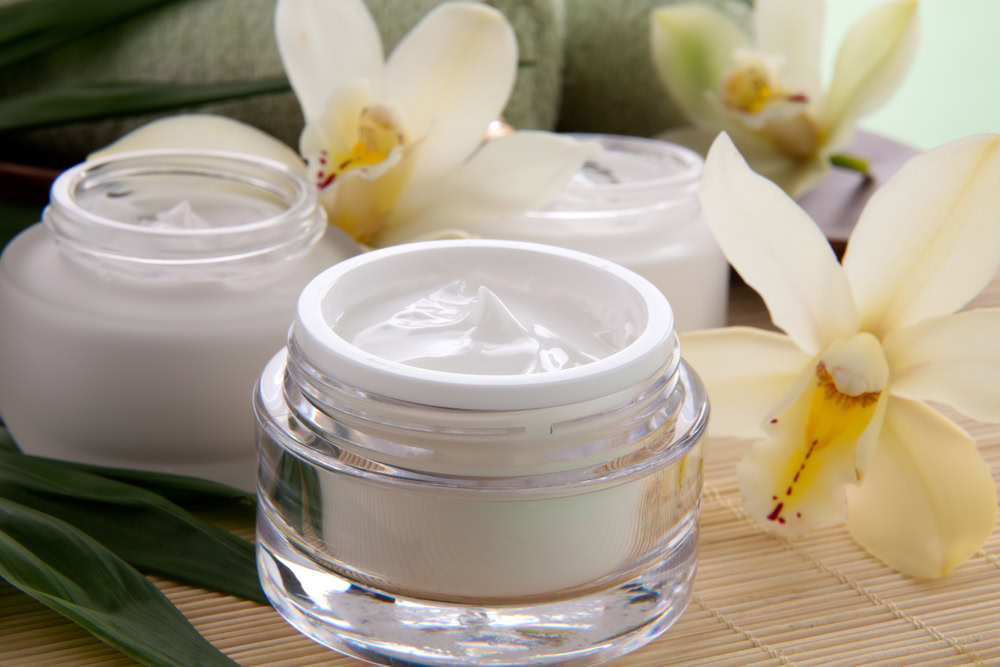Is It Permissible to Use Cosmetics Containing Animal Derivatives?
Answered by Shaykh ‘Abd al-Rahman al-Kharsa
Question
What is the ruling on using cosmetic products that contain primary materials with animal derivatives? And is there a discussion regarding their purity?
Answer
All praise is to Allah.
The ruling on cosmetic products containing primary materials with animal derivatives varies depending on the source animal:
- If the animal is permissible to eat after its life has been taken in accordance with Islamic law, such as cows, then the use of these products is permissible. However, if the source animal is impermissible, like a pig, the ruling changes. If these derivatives have been processed to the point that they transform into a different substance before being added to the products, then their use becomes permissible because they are considered pure through transformation. But, if no such processing occurs, or it does but the substance does not transform, then it remains impure, and its use is forbidden. [Ibn Nujaym, al-Bahr al-Ra’iq]
- For ingredients of unknown or unspecified origin, the basic principle is permissibility due to the widespread occurrence of such materials and the fact that most undergo processing that alters them from their original state.
It is advisable for individuals to read the ingredients of these products to determine if any component is impermissible. The foundation is purity, and there is no basis for doubt in this matter, thus avoiding unnecessary hardship, which is lifted from this nation. Allah (Most High) says,
“And (He) laid upon you no hardship in the religion.” [Quran, 22:78]
Manufacturers typically list all ingredients on the product’s packaging in detail, which clarifies any doubts. Sometimes, vague or ambiguous terms like “animal fats” are used without specifying the animal type, which requires caution due to the realistic possibility of it being from a forbidden source.
If these ingredients are not listed on the product, and there is no certainty or strong presumption of the source’s impermissibility, its use is not prohibited. However, it is commendable to avoid them out of scrupulousness and caution. The Prophet Muhammad (Allah bless him and give him peace) said:
“Leave what makes you doubt for what does not make you doubt.” [Tirmidhi]
Encouraging the avoidance of doubtful matters for those that are free from doubt.
May Allah guide us and you to what is halal, pure, and blessed, and keep us away from the haram and doubtful by His favor and mercy.
[Shaykh] ‘Abd al-Rahman al-Kharsa
Shaykh Abdul Rahman al-Kharsa is a Syrian scholar, born in Damascus in 1971. He obtained his degree in the Arabic Language from the University of Damascus. He received his Islamic education from some of the most prominent scholars of Sham, including Shaykh Abdul Rahman al-Shaghouri, Shaykh Taj al-Din al-Kittani, Shaykh Muhammad Karim Rajeh, Shaykh Bashir al-Bari, Shaykh Ibrahim al-Hindi, Shaykh Hisham al-Salahi, among others.
He memorized the Holy Quran and studied the ten Qira‘at (recitations) through the paths of the Shatibiyya and Durra under Shaykh Muhammad Haytham Minini and Shaykh Abu al-Hasan al-Kurdi.
Shaykh al-Kharsa has taught at Al-Azhar University in the Beqaa Valley, Lebanon. He established Quranic centers in several areas in Lebanon and manages a Quranic center in Istanbul, where he is involved in Quran memorization programs and delivers public and private lessons.
He teaches in the Ijaza system at Dar al-Fuqaha in Turkey. His work also includes scholarly research, particularly in verifying texts within the Hanafi school. Notably, he has done the tahqiq of renowned works such as “Tanwir al-Absar” and “Jami‘ al-Bihar” by Imam al-Tumurtashi. May Allah preserve him and continue to make his efforts fruitful.
